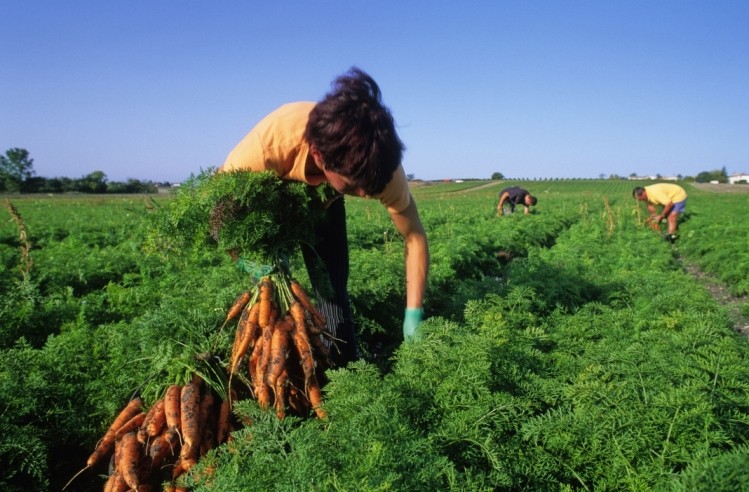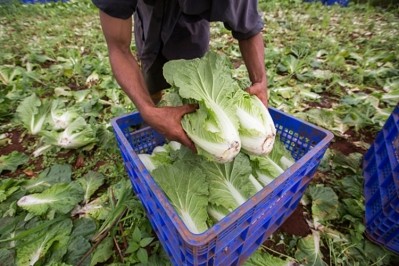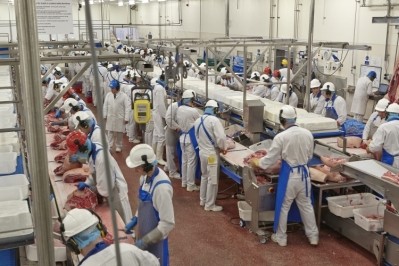Migrant workers turned off by ‘plummeting pound’

The lack of seasonal workers would do more damage to harvests than the recent heatwave that has pummelled the UK in recent months, said Regency Purchasing Group.
Managing director Alex Demetriou claimed the primary reason the UK was losing European workers was that the exchange rate had never recovered from the Brexit vote, dropping 12% in value since then to €1.13 as of 9 July 2018.
“Migrant workers face a significant drop in income when they change their money back into their own currency and this is deterring them from taking up work in the UK, when they can now earn more money getting work elsewhere in the EU where they are not impacted by exchange rates,” he explained.
‘A shameful situation’
“To have crops dying in the fields, as a result of the exchange rate, is a shameful situation that needs to be addressed – particularly in light of the recent prolonged hot spell, which could also adversely affect the availability of produce.”
With British workers representing just 1% of the 85,000 people harvesting crops in the UK, Demetriou called on the Government to provide assurances to migrant workers that they would be welcome in the UK after Brexit.
“The Government could provide some security and reassurance by heeding the call to introduce a seasonal worker visa scheme,” he added.
‘Pitiful waste’
“If they take no action, and the shortage of seasonal workers continues, there will be a pitiful waste of fruit and vegetables, harvests for which have already been hit by the heatwave.”
The Freight Transport Association has also called on the Government to provide clarity on the rights of migrant workers after Brexit.
Deputy chief executive James Hookham claimed the political emphasis on Brexit was focused on trade and borders, sidelining future immigration policy for a later date.
Meanwhile, the lack of clarity for the post-Brexit status of non-UK workers in the food industry has led to panic in the sector and the investigation of alternative labour methods.
















